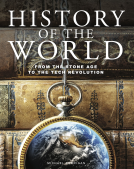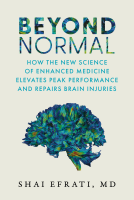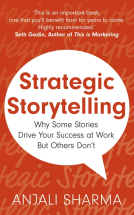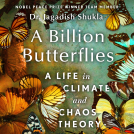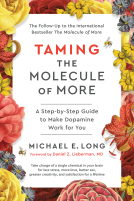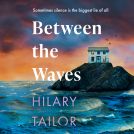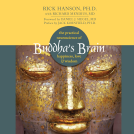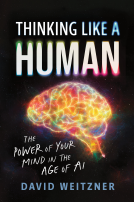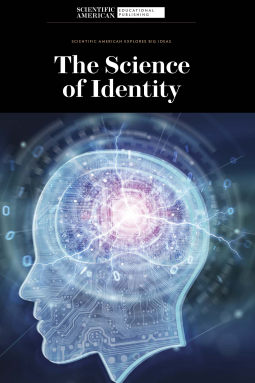
The Science of Identity
by Scientific American Editors
This title was previously available on NetGalley and is now archived.
Send NetGalley books directly to your Kindle or Kindle app
1
To read on a Kindle or Kindle app, please add kindle@netgalley.com as an approved email address to receive files in your Amazon account. Click here for step-by-step instructions.
2
Also find your Kindle email address within your Amazon account, and enter it here.
Pub Date Jan 01 2023 | Archive Date May 20 2023
Rosen Publishing Group | Scientific American Educational Publishing
Talking about this book? Use #TheScienceofIdentityScientificAmerican #NetGalley. More hashtag tips!
Description
From the Scientific American Explores Big Ideas nonfiction series.
This compilation of articles written by the editors of Scientific American explores the complicated subject of identity from a scientific perspective. What determines which traits, qualities, and beliefs a person will possess or be drawn to in other people? Researchers have examined genetic makeup, brain activity, emotional responses, and social structures to find patterns that can help explain how identity is formed. Science can be used to explain stereotyping, gender and sexuality, our tastes and beliefs, and the factors that shape our personalities.
Available Editions
| EDITION | Ebook |
| ISBN | 9781725348967 |
| PRICE | $43.95 (USD) |
| PAGES | 160 |
Available on NetGalley
Featured Reviews
 Reviewer 725763
Reviewer 725763
Based on research into genetics, brain activity, emotions, and social structures, this book explores how a person's traits, qualities, and beliefs contribute to their identity. Topics include stereotyping, gender, sexuality, and more. The book focuses more on sociopolitical factors than psychosocial factors, especially in the beginning. It's enlightening and easy to understand.
Thanks, NetGalley, for the ARC I received. This is my honest and voluntary review.
This was an engaging and enlightening collection of articles that covered the many aspects of life and varied sciences that are part of the study of a person's identity. As with everything that Scientific American publishes, these articles were very readable and accessible to me as a non-scientist. It was fascinating to think about how parts of our lived experiences impact us in such a lasting manner and in so many different ways. From what our family genetics are, to where we were raised, and even to what society was like during our earliest years even before our memory can recall, this collection of articles highlights the many ways we come to be who we are. This is a solid read and each article in it was chosen to build one on top of the other to challenge us to consider not just how we view our own identity but how we understand and interact with others. Overall, this is a collection that will stay with me and have me thinking “I wonder what made this person who they are today?”
My review is based on the Kindle Edition that was text only and I found myself missing the illustrations, charts, and graphs that bring issues of Scientific American alive for me and increase my retention of materials.

